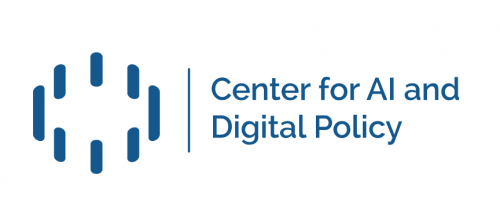Under the direction of Prime Minister Shinzo Abe, Japan has emerged as a global leader for both AI policy and data governance. In 2016, Prime Minister Abe called for the Japanese government to establish an “Artificial Intelligence Technology Strategy Council.” In advance of the ICT Ministerial G-7 meeting in Takamatsu, Japan, the Ministry of Internal Affairs and Communications organized a public conference to examine the social impact of AI technology. That work led to the AI R&D Guidelines of the Japanese government that were presented to the G-7 meeting in Turin, Italy in 2017. The 9 principles in the AI R&D Guidelines concern collaboration, transparency, controllability, safety, security, privacy, ethics (respect human dignity and individual autonomy), user assistance, and accountability. A subsequent meeting of the Conference toward AI Network Society produced the AI Utilization Guidelines, “a commentary on the principles expected to be taken into consideration in the utilization of AI.”
The Japanese AI R&D Guidelines contributed significantly to the development of the OECD AI Principles, the first global framework for AI Policy. The OECD AI Principles were adopted by 42 countries in May 2019, and then by G-20 Nations at the Ministerial Summit hosted at Osaka, in June 2019. OECD Secretary General thanked Prime Minister Abe and said that the OECD AI Principles, endorsed by the G-20 nations, are “affirming that the AI we want is centred on people, respects ethical and democratic values, is transparent, safe and accountable.”
Prime Minister Abe also put forward the concept of Data Free Flow with Trust (“DFFT”) in a speech at the World Economic Forum in January 2019. Abe said, “We must, on one hand, be able to put our personal data and data embodying intellectual property, national security intelligence, and so on, under careful protection, while on the other hand, we must enable the free flow of medical, industrial, traffic and other most useful, non-personal, anonymous data to see no borders, repeat, no borders.” Abe underscored the importance of privacy protection, explaining that the DFFT regime should be built on “non-personal data.” Abe’s vision for DFFT, which Secretary Gurria described as “ambitious and timely,” was also adopted by the G-20 Ministers at the 2019 meeting in Osaka.
In 2015, Prime Minister Shinzo Abe received the World Leader in Cybersecurity award from the Boston Global Forum for his “exemplary leadership and contributions in promoting cybersecurity in Japan and Asia.” Governor Michael Dukakis explained that Prime Minister Abe has “worked tirelessly to make cybersecurity a priority in Japan and in the international community.” Recounting the innovative work of the Japanese government, Governor Dukakis said, “These and other efforts have put Prime Minister Abe in the forefront among world leaders in advancing the cause of cybersecurity.”
Marc Rotenberg, Director
Center for AI and Digital Policy at Michael Dukakis Institute
The Center for AI and Digital Policy, founded in 2020, advises governments on technology policy.











